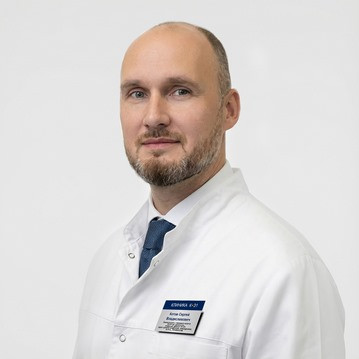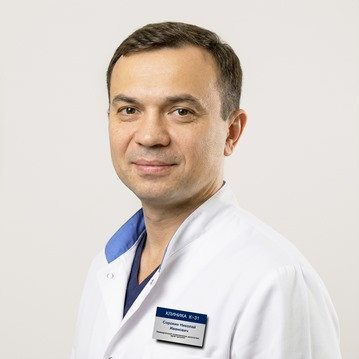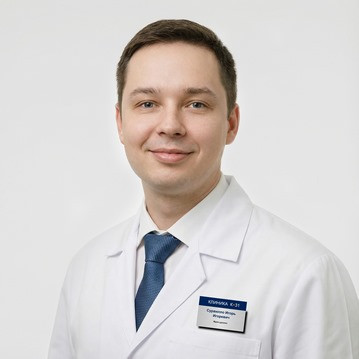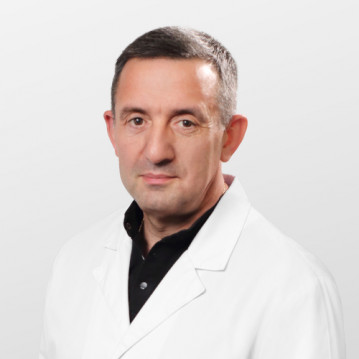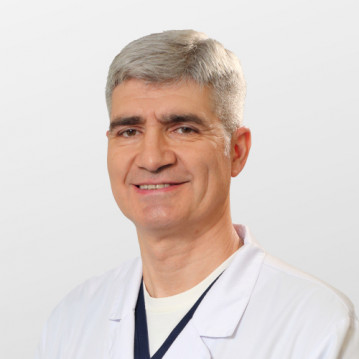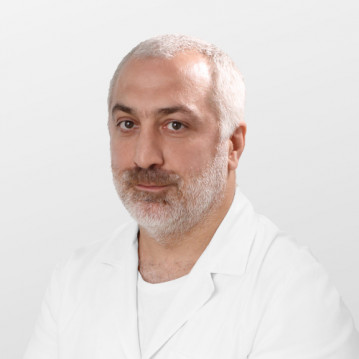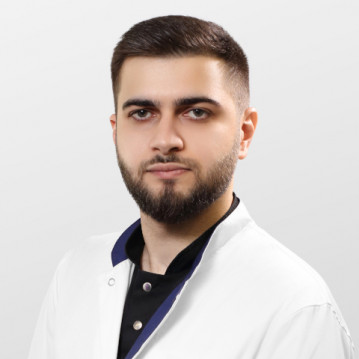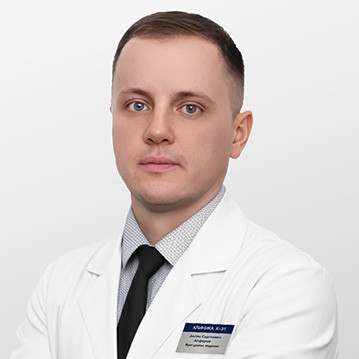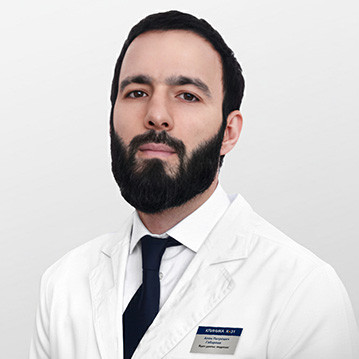Inflammatory urological diseases are very common disorders that develop in the organs of the genitourinary system (kidneys, urethra, ureters, prostate gland, external genital organs). Such diseases are often diagnosed in both men and women.
The main urological diseases of an inflammatory nature include the following:
- Pyelonephritis is an inflammation of the kidneys that develops due to a violation of the outflow of urine and / or the ingress of various pain-causing bacteria into the urinary tract. The most susceptible to this disease are children under 7 years of age, women between the ages of 18 and 30, as well as older men suffering from prostatitis, prostate adenoma or urethritis.
- Cystitis is an inflammation that develops in the bladder. It more often affects women due to the structural features of their genitourinary system (in men, the urethra is narrower and longer). The disease can be caused by bacteria, viruses, or fungi.
- Urethritis is an inflammation of the urethra (urethra). It is equally common among both men and women. The disease can be infectious (caused by bacteria, including those that provoke sexually transmitted diseases), and non-infectious. In women, urethritis as an isolated condition is very rare and in most cases is accompanied by cystitis.
- Prostatitis is a purely male disease characterized by inflammatory lesions of the prostate gland.
Various infections (including chronic), congenital pathological conditions of the genitourinary system, trauma, hypothermia, frequent change of sexual partners, unhealthy and sedentary lifestyle, rare urge to urinate, unhealthy diet, excessive consumption of certain foods (acidic , spicy, salty) and other factors. In the absence of timely and qualified treatment, the risk of developing irreversible complications increases.
